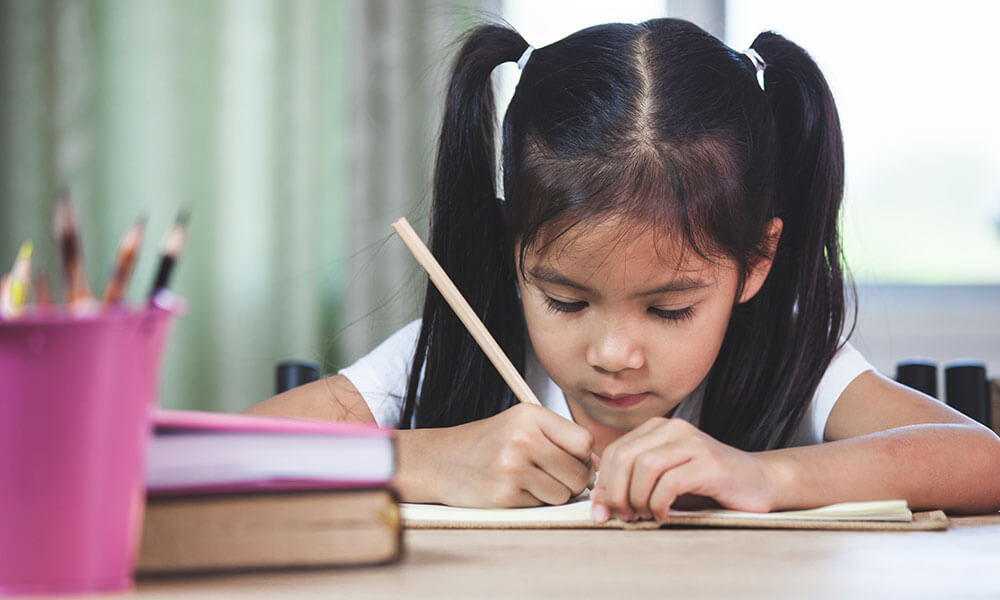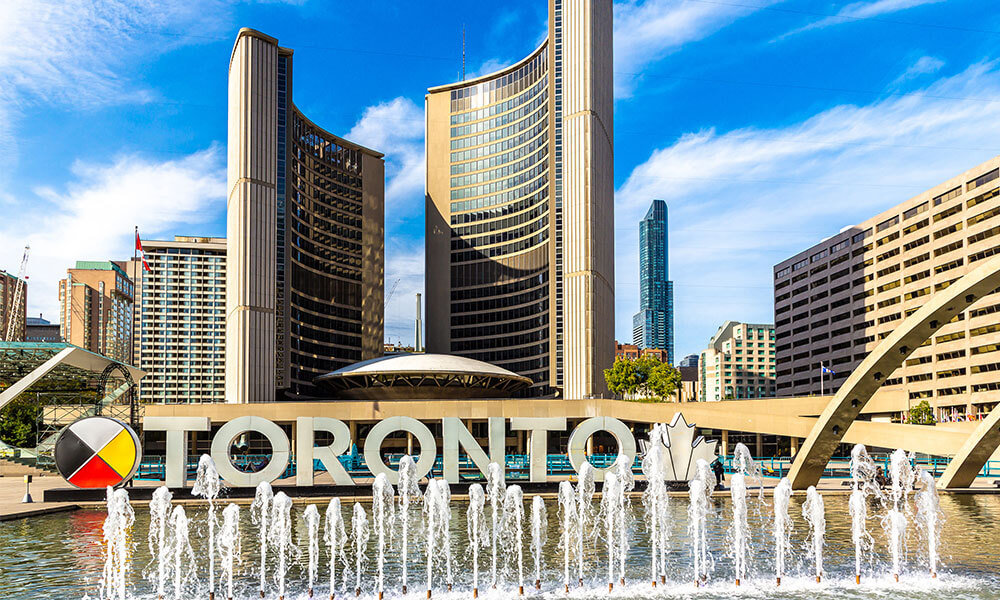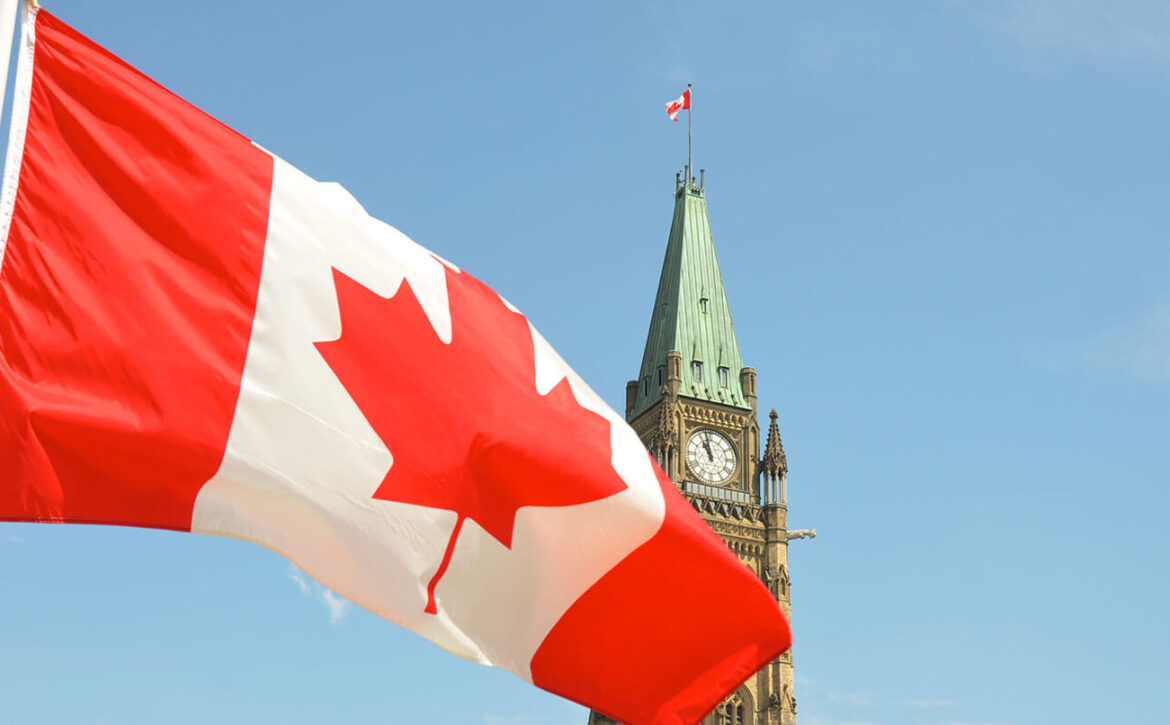 Lifestyle
LifestyleAdjusting to a new country can be tough. It can be even tougher when sending your children to a new school and trying to figure out the grading system in the UK. If you’re a Filipino in the United Kingdom, figuring out the UK education system and its key stages is another challenge. Luckily, we’ve got your back.
 Lifestyle
LifestyleIf you’re a Filipino who has recently moved to the United Kingdom, chances are you’re still figuring out the UK education system and how it will shape your child’s future. Studying in the UK will also be an adjustment for you and your child. Unlike American schools which follow the K-12 curricula, the UK education system follows a four-stage national curriculum that requires your child to stay in school until they are 16. If you live in England however, your child must stay in some form of education until they are 18. This can be any of the following:
 Lifestyle
LifestyleIf your children have come along with you to the United States, then they will have to attend American schools throughout your stay in the country. But before you start buying school supplies, take note: Going to schools in America is a different experience compared to studying in the Philippines, so you will need to understand how the system works and how much time your child needs to complete their education. Luckily, we’re here to help.
 Community Lifestyle
Community LifestyleFilipinos have long been part of the American landscape, and with names like Eva Noblezada, Olivia Rodrigo, Saweetie, and Darren Criss making rounds online, we now have people telling our stories on-screen. Filipino-Americans have even made waves in American politics, lending a voice to Filipinos in America looking for someone on their side. While there are already many listicles that have already highlighted Filipino American celebrities, we wanted to honour some more Filipinos who have found success after leaving the Philippines and starting over as citizens in the United States.
 Community Lifestyle
Community LifestyleFrom a humble group of Filipina nurses in the 1960s, the Filipino community in Toronto has grown to over 250,000 people, composing 62% of the entire Filipino-Canadian population. Today, Pinoys are a permanent fixture in Toronto’s cultural mosaic. They are bustling people, who help each other adjust to culture shock and manoeuvre life in their new home in The Great White North.
 Lifestyle
LifestyleYou have settled down and unpacked in Canada, your new home, and you’re ready to start a life of growth and adventure in this huge North American country, but you’ve noticed that apart from its different sights, sounds, and smells, The Great White North also has a culture that needs your respect and attention.